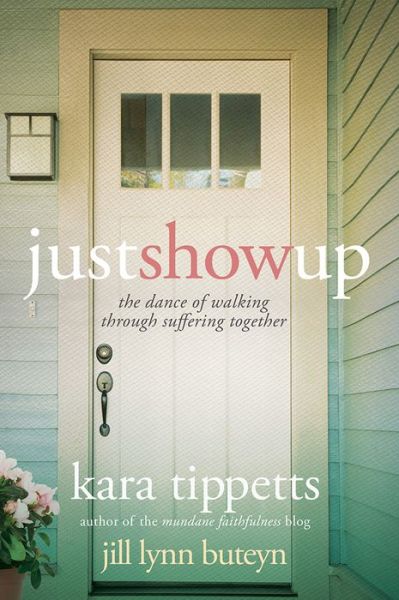Befriend, Chapter 3: Befriend the “Other”
This week we are discussing chapter 3 of our bookclub book, Befriend, by Scott Sauls. Even if you haven’t read the material or didn’t participate last week, please don’t hesitate to share your heart! This is how it works: I’ll post some initial thoughts and recap some of Saul’s points, but then I will ask the questions in the comments section. If you see a question you want to answer, simply reply to the question. And if you want to reply to someone else’s comment, please do! Or, if you want to ask your own question or start a new talking point, just create an original comment that isn’t a reply to anyone else’s. Make sure you check back throughout the week in case someone has posted on your comment or asked you a question.
Ground rules: This is meant to be an encouraging, redemptive conversation. Please communicate with kindness and grace.
Befriend the “Other”...This chapter made me uncomfortable from the very beginning when Sauls tells a story about a new couple who came to his small group: the husband was drunk, and the wife was clearly desperate for help. During prayer time, the husband prayed for 10 minutes about random, off-the-wall things, like wanting a Jolly Rancher and Klingons. As soon as the Amens were said, all eyes were on Sauls—how would he, as the pastor, respond to this man who had shown up in all his sinful glory? This man who didn’t fit in and was unable to conform to the group. Before Sauls could think of something to say, another woman in the group moved toward the drunk man and offered him a cookie, engaging him in conversation. That gave the opportunity for others to approach the man’s wife and offer her encouragement and help.
Over time, the small group earned the couple’s trust, and the man agreed to go to rehab. Their marriage was restored, the man put his faith in Jesus, and he eventually became an elder at the church. Sauls sums up what happened in this short paragraph:
Grace comes before ethics. No condemnation comes before the morality discussion. Kindness leads to repentance. Love—the broad embrace of Jesus’ narrow path—creates the most life-giving experiences you’ll ever be a part of.
Sauls goes on to explain that once we understand Jesus’ love for us, we will be able to love with this kind of wide embrace. He reminds us of Jesus’ befriending the sinners, and how he loves us though we are greedy and self-absorbed and lustful, etc. This kind of love that Jesus loves with—once it’s rooted in our hearts—makes us FOR others, not against them. Just as that kind woman at the small group didn’t wait for the drunk man to sober up before offering him a cookie, so should we offer metaphorical cookies to the others around us. God’s love is not for us to hoard, but to share.
The more we walk the narrow path, the wider our communal embrace will be. The more convinced we are of the exclusive claims of Jesus—that he is the way, the truth, and the life and no one comes to the Father except through him—the more inclusively kind and compassionate we will be. The more attuned we are to Jesus’ bleeding love toward us, the more our hearts will bleed for those who don’t know his embrace.





